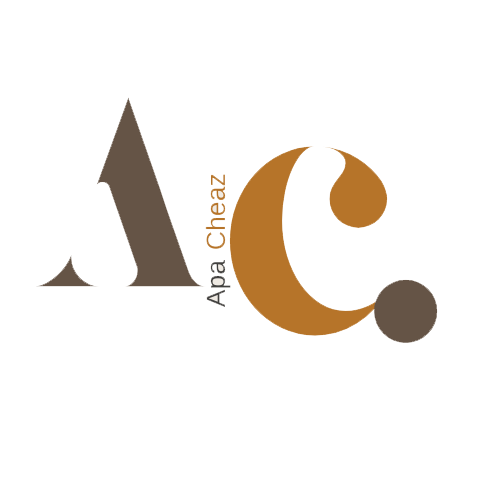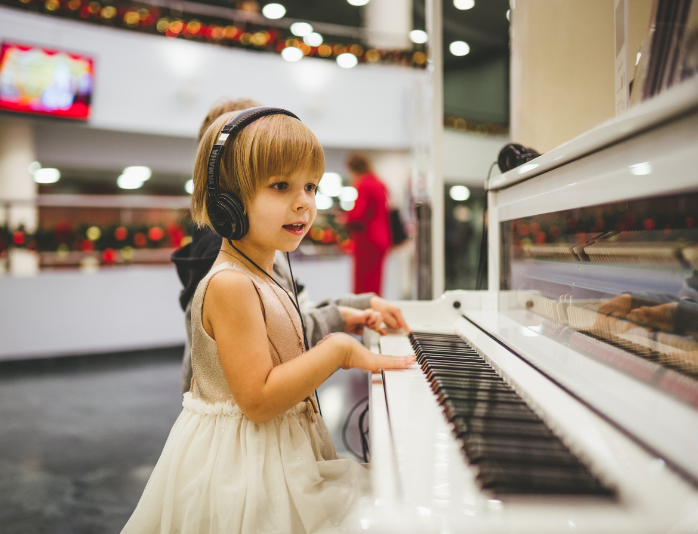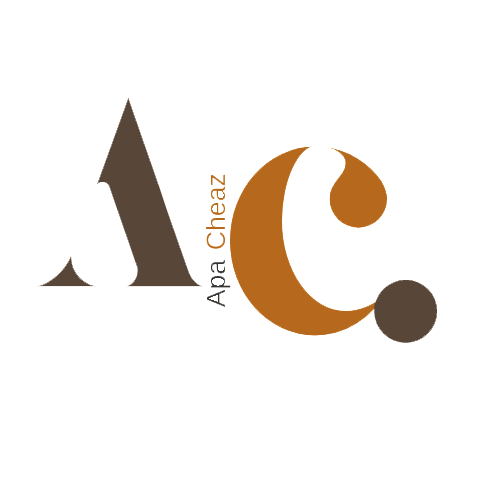Learning to play a musical instrument is a valuable skill for children, offering not just a creative outlet but also numerous cognitive and developmental benefits. Among the various options, keyboard lessons for kids have gained popularity for their accessibility and the comprehensive musical education they provide.
Why Keyboard?
The keyboard is an excellent introductory instrument for children, primarily because it is easy to start and visually straightforward. Understanding the layout of keys helps in learning music theory and developing hand-eye coordination. It’s an engaging way for children to express themselves and gain confidence in their musical abilities.
Choosing the Right Keyboard
Selecting the right instrument is crucial. For beginners, a basic keyboard with 61 touch-sensitive keys is ideal; it’s enough to grasp fundamentals and explore different sounds without overwhelming the student. Features like built-in metronomes and headphone jacks can also help in practice, making it less likely to disturb others when your child is playing.
Setting Realistic Goals
Setting clear, achievable goals is essential for maintaining a child’s interest and progression. Whether it’s learning a new song, mastering a scale, or understanding a musical concept, each achievement will boost their morale and encourage them to continue learning.
The Role of Keyboard Instructors
A good instructor can make a significant difference in how a child perceives and enjoys learning the keyboard. Experienced teachers do not only impart knowledge but also inspire and adapt teaching methods according to the child’s learning pace and interest. This personalization in teaching methods helps maintain the learner’s enthusiasm and commitment.
Integrating Technology
To complement traditional teaching methods, many educational tools can enhance the learning of piano. Apps and software that provide interactive lessons and real-time feedback can be particularly motivating for kids. These tools make practising feel more like playing a game, which keeps young learners engaged.
Learning with Peers
Group lessons can be beneficial. They foster a sense of camaraderie and provide children with the opportunity to learn from their peers. Also, it makes the learning process more enjoyable and less daunting for kids who might be shy or hesitant.
Alternatives and Complements
For families considering other musical avenues, kids guitar lessons might also be appealing. Like keyboards, guitars offer fundamental skills that can be a stepping stone to other musical pursuits. Choosing between a keyboard and a guitar can depend on the child’s interest in different piano-warehouse or styles.
Conclusion
Ultimately, keyboard lessons for kids are more than just learning an instrument—it’s about growing in confidence, enhancing academic skills, and having fun. As they learn to navigate the keys, they also discover new ways to communicate and express themselves. Engaging early in music lessons paves the way for a lifelong appreciation of music and the arts, fostering a well-rounded educational experience that goes far beyond the notes on a page.


